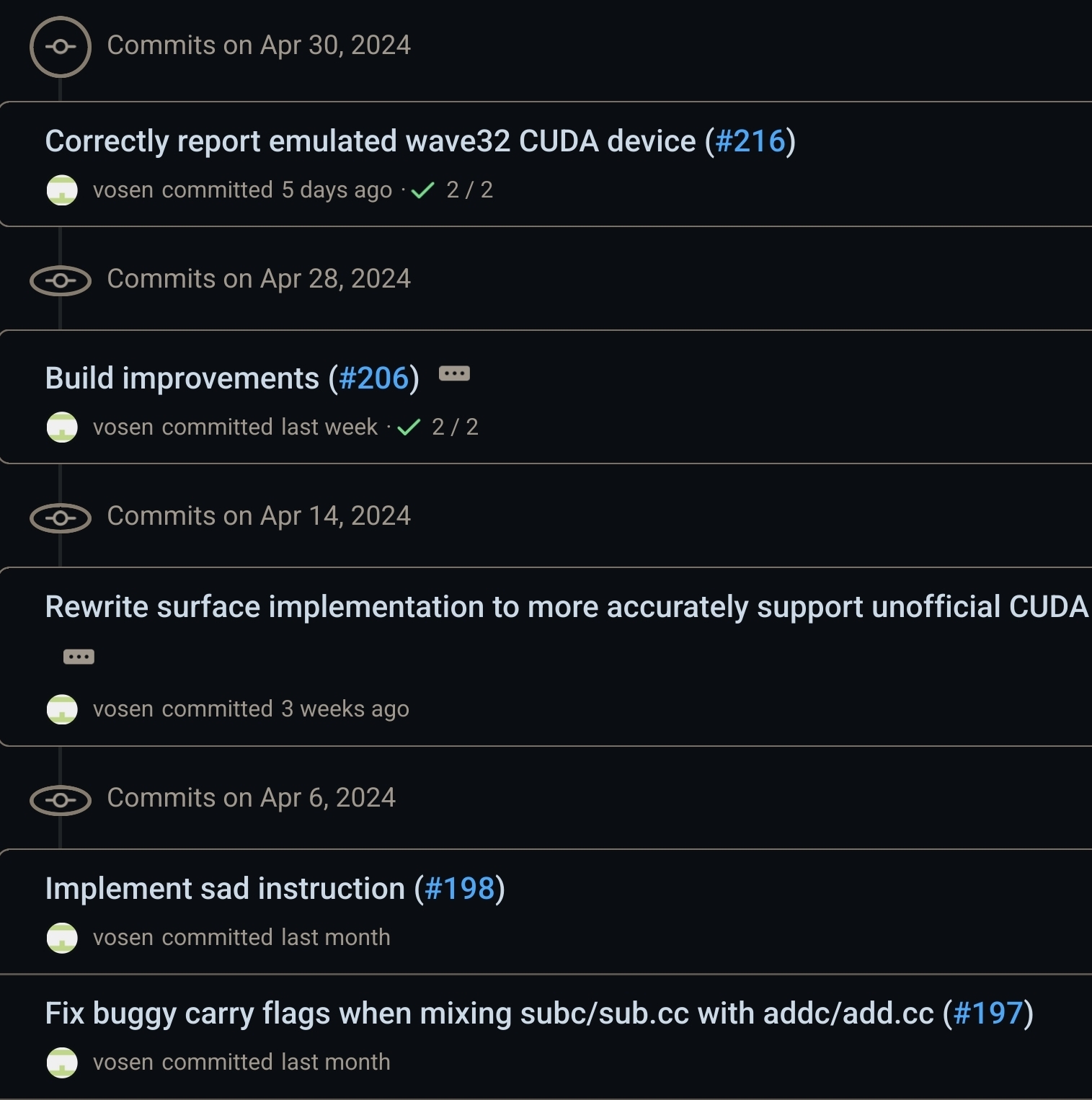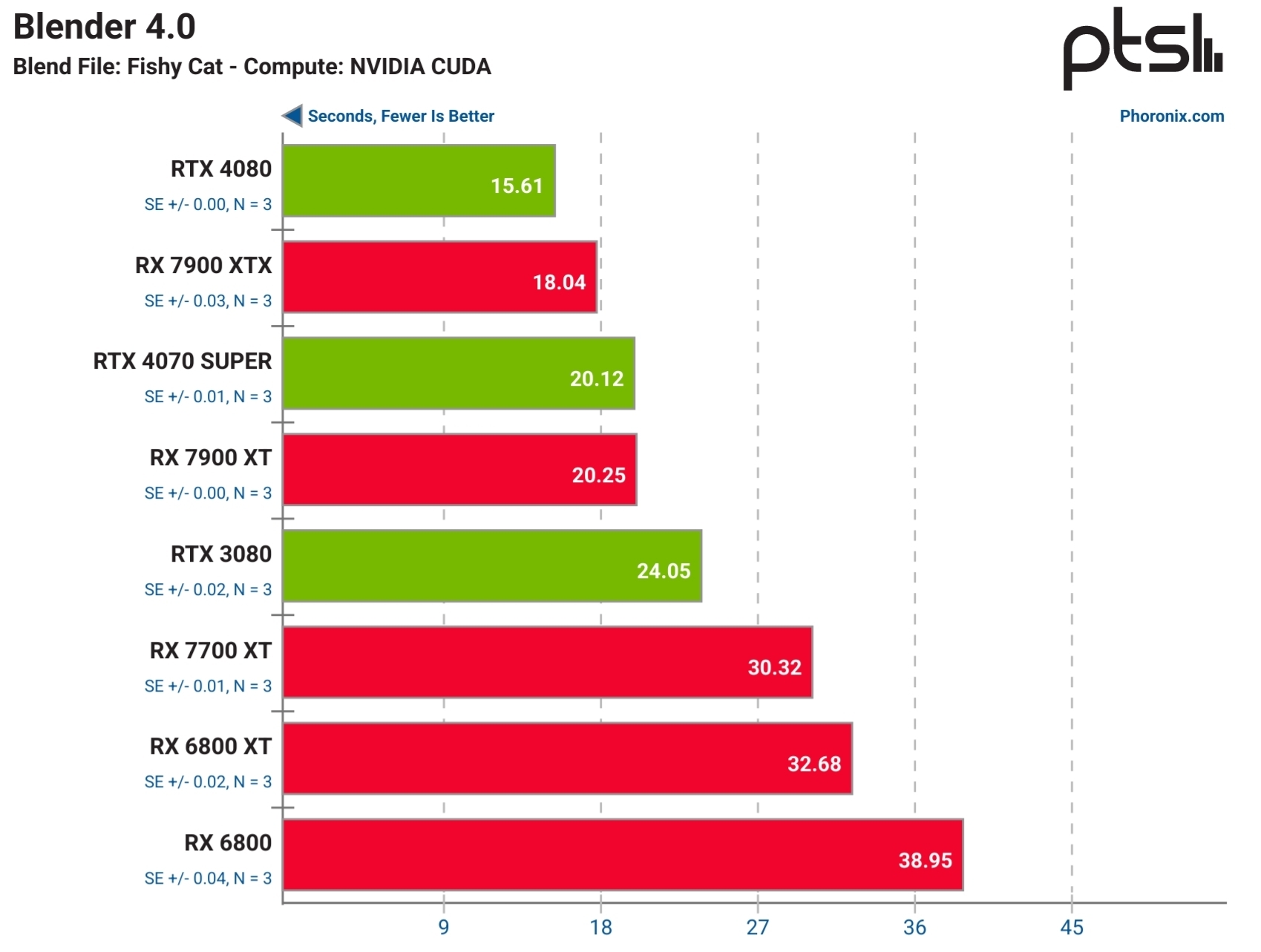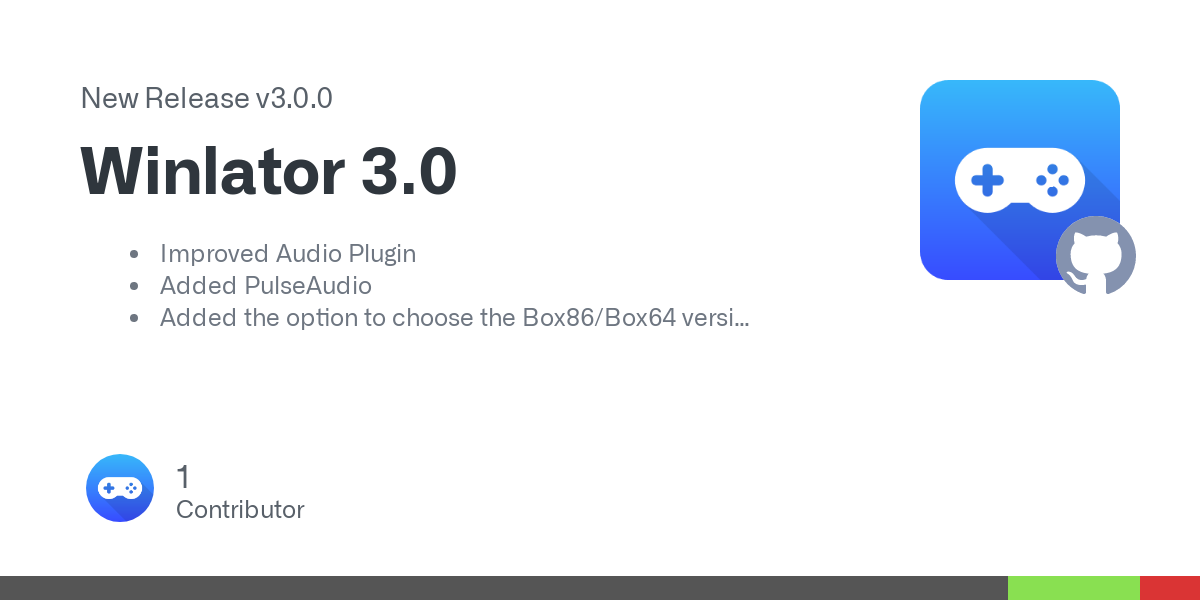

In the footnotes they mention GPT-3.5. Their argument for not testing 4 was because it was paid, and so most users would be using 3.5 - which is already factually incorrect now because the new GPT-4o (which they don’t even mention) is now free. Finally, they didn’t mention GPT-4 Turbo either, which is even better at coding compared to 4.






























Serenity for sure. I love the 90s aesthetic and would like to see it make a comeback. At the very least I’d like to see their Ladybird browser become mainstream - we really need more alternatives to the Chromium family.